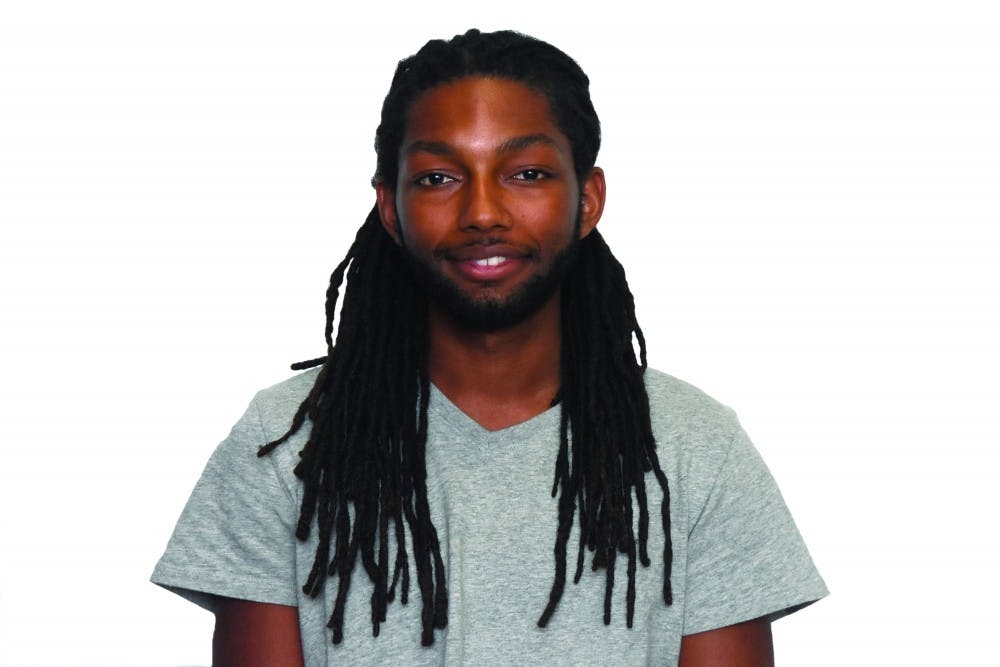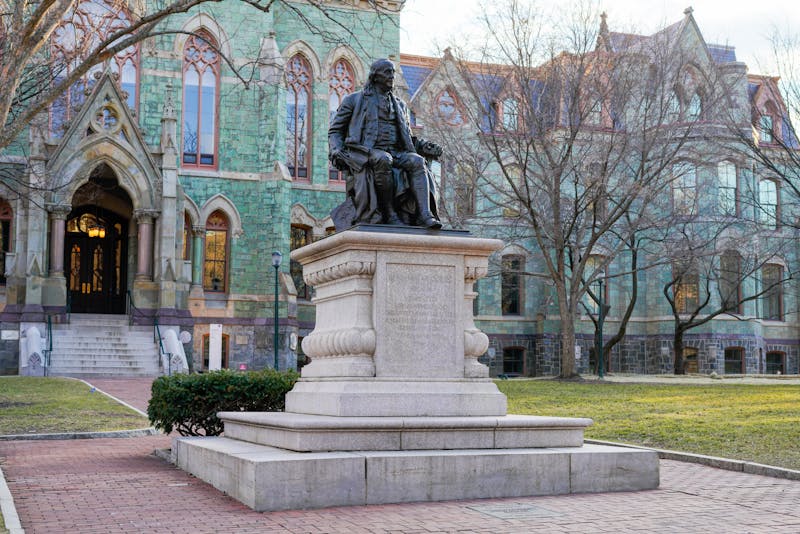Have you ever felt joy as a reaction to the misfortune or lack of achievement of another? If so, it’s okay — you’re not alone. A majority of people in this day and age have experienced this, whether they want to admit it or not. Myself included.
With how competitive the world is today, schadenfreude has infested our culture to a point where it has become a widely accepted societal norm. Instead of being happy for your neighbor, co-worker or friend, in some instances we derive pleasure from their misery; this is schadenfreude.
If any of this sounds familiar, it’s no surprise. This is because of the way society works today. This norm is magnified on college campuses, due to their unspoken (yet well-known) competitiveness ... excluding Brown University.
Schadenfreude reveals itself on a daily basis in universities across the county. It is ingrained in the way some courses operate. Obviously everyone consciously thinks of getting good grades, but due to the curve of certain classes we are also hoping that others do more poorly than us — consciously or subconsciously.
The hyperactive preprofessional atmosphere of Penn in particular does not help with this issue, seeing as it increases the competitive nature that lies within us all. This is to say it forces us to want to be the best.
However, being the best in many cases is not solely being the best. In some instances, it is hoping that others perform more poorly. Wanting to be the best is completely fine — it’s something that I strive for — although when you consciously want others to underperform it becomes a problem. To be the best by actively hoping for the decline of others makes one crass.
Leaders on campus and of student groups, I believe, feel the effects of schadenfreude more so than others. It occurs — in some instances — during board elections for clubs or elections for student government positions. The symptoms of this rear their heads in attacks on the character or integrity of those trying to gain higher positions. These accusations come from a place of envy. What other purpose is there to go out of one’s way to attempt to slander or tear down another? In many ways Penn is a bucket of crabs. The students are the crabs and the epidemic of schadenfreude at Penn is the bucket. When one of these crabs tries to get out of the bucket to free itself, there are always others that are stuck, trying to pull the escaping crab down. This keeps them in the cycle, even though that crab could be the one to tip the bucket over when it gets out.
If, at Penn, we discourage these individuals trying to escape the bucket, then after graduation and the movement to another, larger bucket — the post-college world — these people may cease in their attempts to escape the bucket and progress the system, only to become another crab trying to pull others down.
Let us not get it twisted. As I said previously, this is not only a Penn problem, but rather a worldwide one. The University is just one of many agents in the perpetuation of schadenfreude.
The eradication of this culture is hard — as is shifting away from any norms. There is no one, clear-cut path, but awareness of this issue is key. I’m sure many of us consider ourselves to be good people. However, it is easy to talk the talk, but walking the walk means that we do not get joy of any kind from the misery of another because, fundamentally, that makes us bad people.
This is not an attack on anyone. This is just a call to raise the awareness in those who deem themselves to be good people — which I’m sure many of you are — to an issue that numerous others have succumbed to.
TITUS ADKINS is a College junior from Brooklyn, N.Y., studying philosophy. His email address is titusa@sas.upenn.edu. “The Titus Touch” usually appears every other Thursday.
The Daily Pennsylvanian is an independent, student-run newspaper. Please consider making a donation to support the coverage that shapes the University. Your generosity ensures a future of strong journalism at Penn.
DonatePlease note All comments are eligible for publication in The Daily Pennsylvanian.








